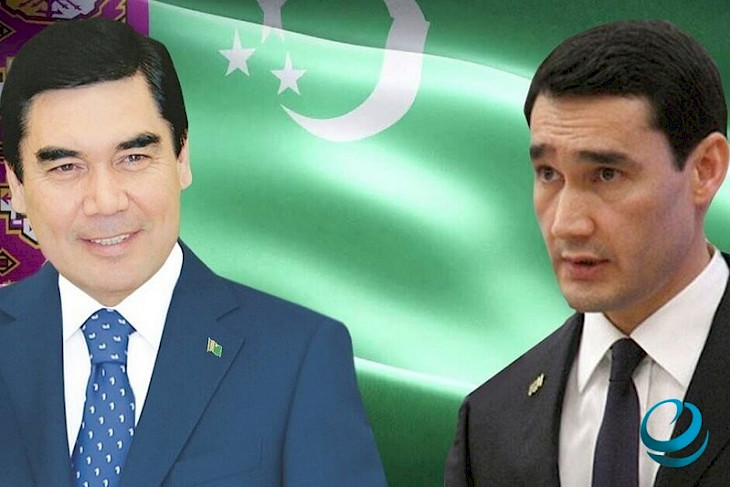
Conflict between elites with external support could arise in Turkmenistan
Ashgabat
In Turkmenistan, a conflict between elites with external support could arise, according to analyst Eldaniz Guseynov, Eurasia Today reports.
Eldaniz Guseynov, a specialist in European and international studies, released an analytical report on the impact of the domestic political situation in Turkmenistan on Ashgabat’s foreign policy.
In his report, he noted that considering the internal problems in the country, a conflict between elites with external support could well emerge.
Guseynov identifies the following issues as contributing to these problems:
Disputes over water resources and food shortages.
High protest levels in the provinces of Mary and Lebap, bordering Afghanistan.
The risk of inter-clan conflicts considering the so-called “Ahalteke” nationalism.
The concentration of power with two decision-making centers within the Berdimuhamedov family.
Guseynov adds factors related to Turkmenistan’s proximity to two comparatively protest-prone regions in Central Asia: the Mangystau region of Kazakhstan and Karakalpakstan in Uzbekistan.
According to the specialist, difficulties may arise for Ashgabat in controlling its borders “in the event of a deteriorating situation in Turkmenistan.”
In light of this situation, Eldaniz Guseynov suggests that other Central Asian countries pay more attention to events within Turkmenistan and actively involve the country in multilateral formats.
This research was posted on the website of the Center for Current Research.
The population of Turkmenistan is 6 million people. The country is currently led by Serdar Berdimuhamedov, the son of the second President of Turkmenistan, Gurbanguly Berdimuhamedov, who voluntarily resigned in early 2022 and now heads the legislative branch in the country. Рe is officially recognized as the Patron of the nation – Arkadag.
With the Berdimuhamedov clan coming to power after the sudden death of the country’s first president, Saparmurat Niyazov, in 2006, the influence of those from the Ahalteke region of Turkmenistan on the country’s development sharply increased, potentially causing dissatisfaction among those from other regions of the country.
__________________